-
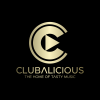 play_arrow
play_arrow
Clubalicious Clubalicious Radio
-
 play_arrow
play_arrow
London Calling Podcast Yana Bolder

Last month’s Open Channel dealt with the challenges of making serious money from recorded music. But put that fatalism on hold, because history has a habit of repeating itself…
To provide some context, humans started making music about 35,000 years ago. Recordings became a commercial reality slightly more than 130 years ago. So, for 99.996% of human history, no one made any money from recorded music. If you’re not making money from recorded music, you’re part of a grand tradition stretching back to the dawn of human history.
Perhaps making money from recordings is a blip—or even an aberration, because music was always about live performance. It was of the time, and evanescent. If you missed the debut of “Beethoven’s First,” sorry. Live music offered “you had to be there” moments, never to be repeated. (When musicians diss what DJ stars get paid, remember that they’re reading their audience, working in real time without a safety net, and rarely do the same set twice.)
Perhaps modern music has forgotten what made music magical. When I started in this industry as a musician, recording’s goal was to at least try and capture the magic of live performance. Recording benefited from songs honed on the road, beta-tested with audiences who hopefully wouldn’t throw things if they didn’t like you.
Then recording changed. Songs were written in the studio and tweaked to perfection. Live performance became about reproducing those perfect recordings live, so many acts relied on pre-recorded backing tracks, and even lead vocals. Meanwhile, music became big business, with acts filling stadiums—and audiences could connect with performers only by watching giant video screens.
Sure, there’s good music being made, yet many people feel something is missing, and they can’t put their finger on it. Maybe the answer is hiding in plain sight: live performance—but maybe not in the way we’ve thought of it recently.
IT’S THE SONG, NOT THE SINGER
Some say, “It’s the singer, not the song.” While singers like Mick Jagger or Billie Eilish bring a unique charisma to their performances, they need the songs to back them up…which brings up an interesting trend.
Tribute and cover bands are becoming a major component of live entertainment. Granted, they’re playing local venues, not stadiums, but they bring in the people, get the gigs, and make money. Tribute bands exist for the Eagles, Pink Floyd, Elton John, Abba, Beatles, Queen, you name it—they’re out there. And growing. Why?
Part of what legitimized tribute bands is that the original bands have become, in effect, tribute bands. Journey isn’t Journey without Steve Perry, but people come to the shows for the songs. Same with Foreigner. Lou Gramm hasn’t played with Foreigner for years, and Mick Jones is mostly a no-show—but the band with the Foreigner name sells tickets.
Perhaps the term “classic rock” is more revealing than we think. Consider classical music: Bach hasn’t written anything new in centuries. Programming computers to try and generate new Bach pieces doesn’t work. People hear the difference.
Rock music has been around for more than 70 years. Over nearly four generations, it has developed a catalog of classic songs with legs. Buddy Holly remains relevant. Dark Side of the Moon still sells. Blues artists lived on through Led Zeppelin, who live on through their own catalog.
Go to concerts with music from half a century ago, and it’s not just a boomer demographic. Why? Because the songs themselves have become more important and powerful than the artists who recorded them. It’s the new classical music.
Furthermore, many cover/tribute bands bring an energy that the original groups may not still have, assuming they even play anymore. One friend liked an Eagles tribute band more than the Eagles because the tribute band made the songs sound fresh again. Also, these bands play in more intimate venues, so there’s a greater connection with the audience.
Isn’t that what live performance is about? Bands can even slip in their own material. It’s no longer true that audiences want to hear only the hits. They want a concert experience.
LIVE AND ROCKIN’
What this means to the music industry matters. The pandemic instigated a big boost—which is now receding—to recording-related gear; as these tribute/cover bands attract new people, and venues find they can bring in the bucks, it’s not unreasonable to think that a live performance boom of a different kind is brewing.
People love concerts, and the combination of a small club, hot band, easy parking, no ridiculous fees, and an emotional connection with the performers—at a price that allows going to a concert more often than once a year—is compelling. The bands need FOH mixers, too, so the engineers at local studios who lost their studio and gigs during Covid-19 have a place to apply their expertise. Live acts need instruments, amplification, in-ear monitors, mics, lighting and more—not just laptops and software.
If the music industry wants a turnaround, maybe all that’s needed is to promote what made music magical for 99.996% of humanity’s existence: live performances, musicians willing to play without a safety net as they combine recognizable songs with new music, and venues that allow building a relationship with an audience.
It worked for 35,000 years. Maybe it will work for the rest of the 21st century.
Written by: Admin
Similar posts
Recent Posts
- 🎶 New Music: JID, OneRepublic, Morgan Wallen, Post Malone, MarkCutz, Kidd Spin + More!
- Classic Tracks: The Fireballs’ “Sugar Shack”
- Classic Tracks: Arlo Guthrie’s “City of New Orleans”
- Classic Track: k.d. lang’s “Constant Craving”
- Classic Tracks: Waylon Jennings’ “Are You Sure Hank Done It This Way”
Recent Comments
No comments to show.Featured post
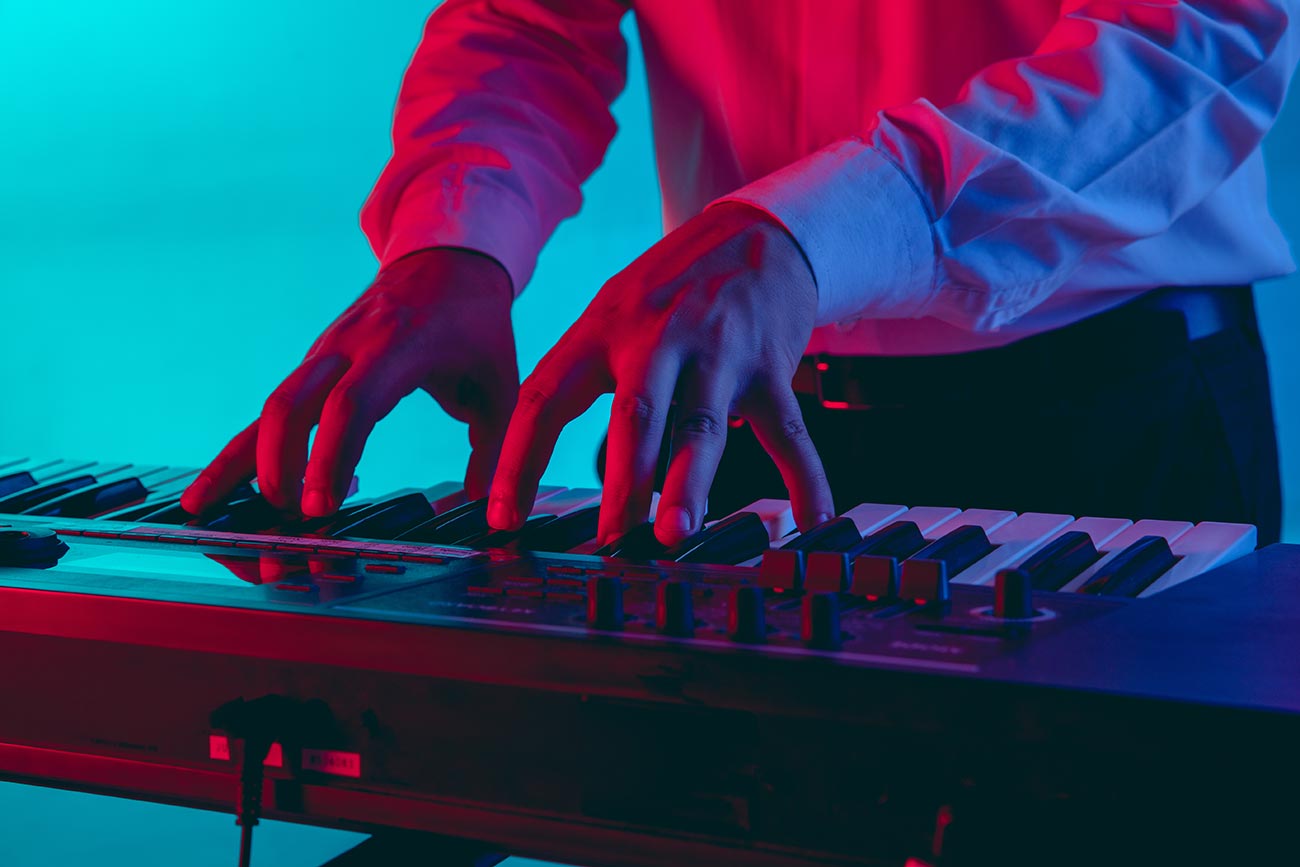
Latest posts

🎶 New Music: JID, OneRepublic, Morgan Wallen, Post Malone, MarkCutz, Kidd Spin + More!

Classic Tracks: The Fireballs’ “Sugar Shack”

Classic Tracks: Arlo Guthrie’s “City of New Orleans”

Classic Track: k.d. lang’s “Constant Craving”

Classic Tracks: Waylon Jennings’ “Are You Sure Hank Done It This Way”
Current show
Upcoming shows

Uplifting Only
Ori Uplift
09:00 - 11:00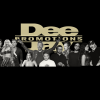
Fresh Is Fresh
This Weeks Hottest Releases
11:00 - 16:00
Sugar Radio
Robin Schulz
16:00 - 17:00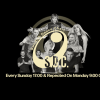
Swedish Dance Chart
17:00 - 19:00

Global Sessions
By Tom Cuffia
19:00 - 20:00Chart
Powered by Dee jay promotions visit us
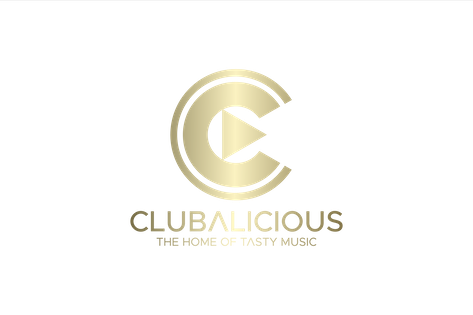





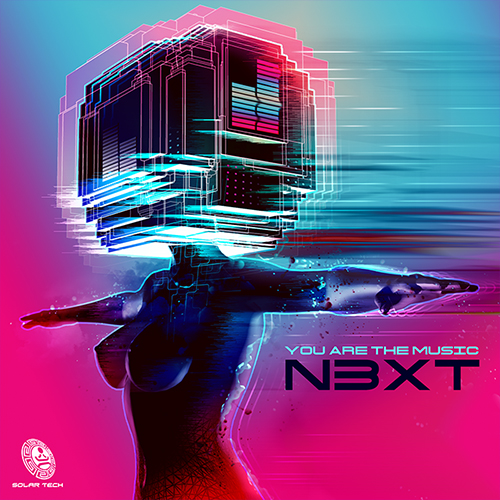

 Invalid license, for more info click here
Invalid license, for more info click here